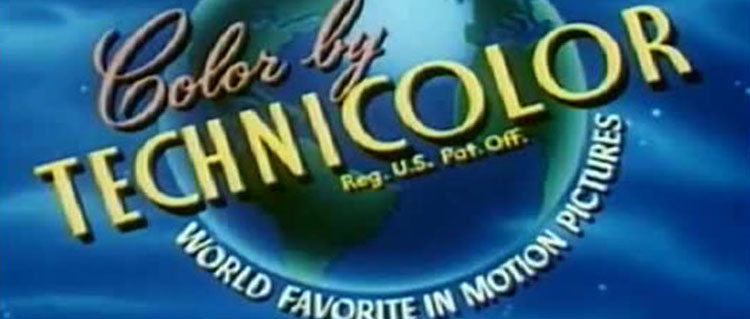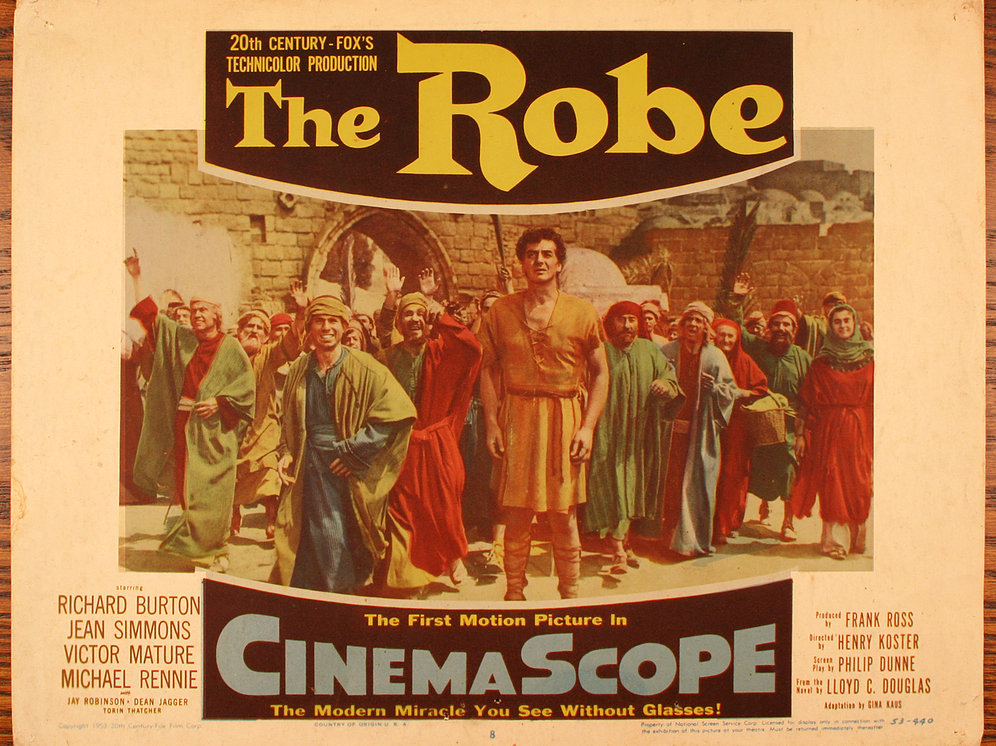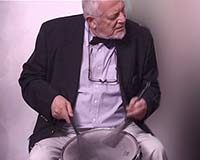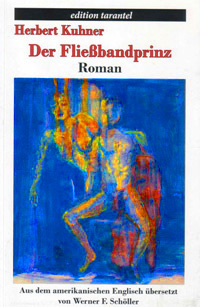Black-and-White and Color
In the old days, there were black-and-white films. Then color came in. There was Technicolor, and the cheapie versions were Cinecolor, Eastmancolor and trucolor. Color was mostly for luxury A-Films. It was a matter of cost.
Later directors chose between color and back-and-white. It depended on what suited the film better.
Black-and-white can have a stark effect. Color invariably looks glossy. Color-TV sank the black-and-white film. Oil paintings and watercolors didn’t cancel out graphics.
Fortunately, now-and-then, there still is a director who reverts to using an effect that has gone out of fashion. That’s not hindsight, but rather foresight.

Cinemascope and the Widescreen
New chapeau always becomes old hat,
and old hat keeps making a come-back as new chapeau.
Way back in ’53, I saw The Robe, which was the first film shot in Cinemascope. This was definitely new chapeau, but I didn’t like this headwear at all. I preferred the rectangular screen at the time, and I still do.
Cinemascope may be good for a panorama, but close-ups are no-go. And as far as being supine goes, lying down in Cinemascope is fine, but if someone assumes an upright position, we get a panorama to his right and left.
Cinemascope was always a variation. It never replaced the rectangular screen – till now. It has made a come-back with a new name, “the widescreen,” and this elongation, is doing what Cinemascope couldn’t do. It is killing the rectangular screen, and its bantam cousin, the flat panel screen, is replacing the regular TV-screen.
I guess I might as well resign to it. I’ll try to get used to looking at a film through a mail slot.
The widescreens have not only taken over Cineplex Complexes and your TV-set, they are ubiquitous. They can be found in restaurants, pizzerias, ice-cream parlors and what-have-you. Not only are they equipped with “surround” sound, they literally surround you.

A Celluloid Stinkbomb
You knew the film was a stinkbomb
before you saw it,
but you went anyway –
and you were right.
They win and you lose.
You paid for the ticket, didn’t you?
(If you watched it on TV,
you still lose.
You wasted your time,
didn’t you?)
to be continued . . .
– Herbert Kuhner









 Users Today : 35
Users Today : 35 Users Yesterday : 138
Users Yesterday : 138 This Month : 3516
This Month : 3516 This Year : 9575
This Year : 9575 Total Users : 191380
Total Users : 191380 Views Today : 112
Views Today : 112 Total views : 1894403
Total views : 1894403 Who's Online : 5
Who's Online : 5




